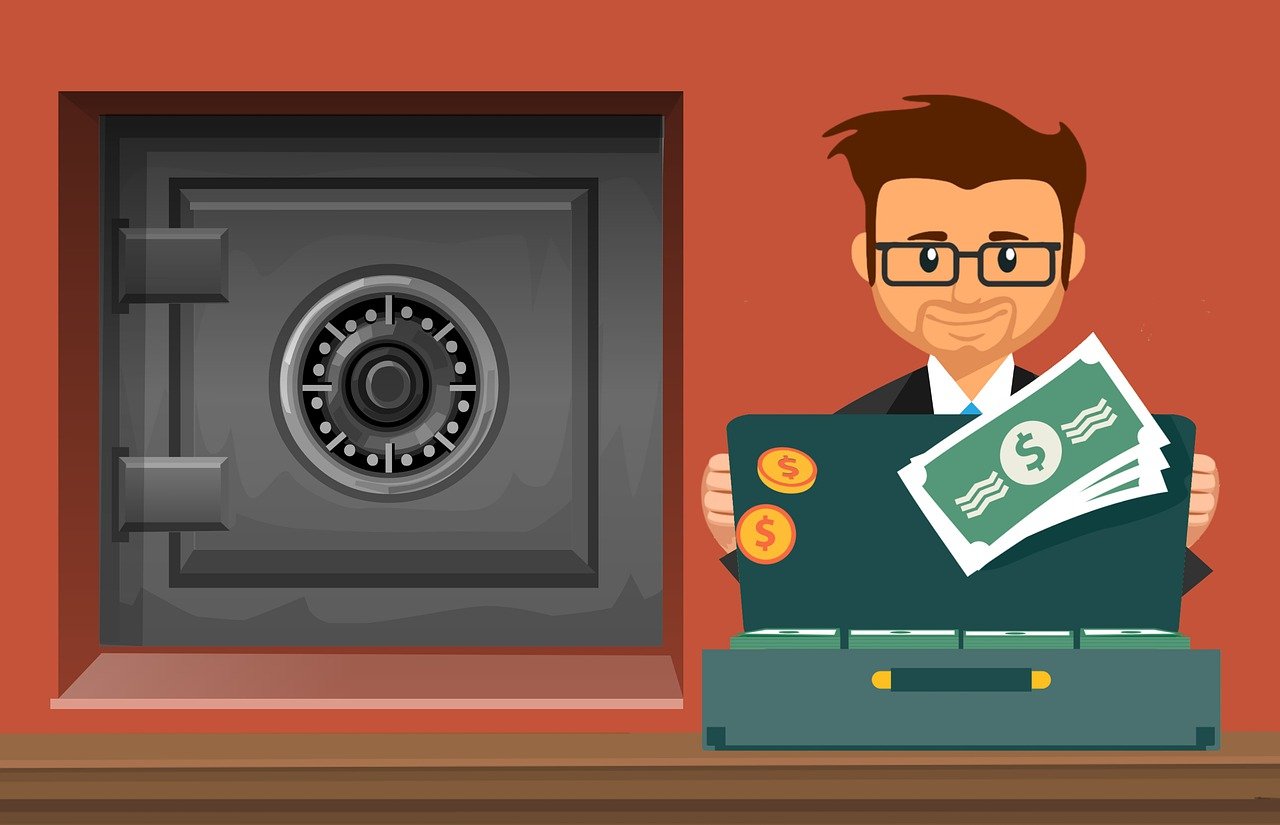
Escrow is a financial arrangement where a third party holds and regulates payment of funds or property on behalf of two other parties involved in a transaction. This intermediary, often called an escrow agent or escrow holder, ensures that all conditions of the transaction are met before the funds or property are released to the appropriate party.
In real estate transactions, escrow typically refers to a specific account held by a neutral third party, such as a title company or escrow company, during the home buying process. Here’s how it works:
- Opening Escrow: Once a buyer and seller agree to the terms of a real estate transaction, such as the purchase price and any contingencies, they open an escrow account. The buyer typically deposits earnest money into the escrow account as a sign of good faith and commitment to the purchase.
- Transaction Process: Throughout the transaction process, the escrow holder ensures that all terms and conditions outlined in the purchase agreement are met by both parties. This may include tasks such as coordinating the transfer of title, ordering inspections, reviewing financing documents, and ensuring that any contingencies are satisfied.
- Securing Funds: The escrow holder also collects and holds funds related to the transaction, such as the buyer’s down payment and closing costs. These funds are typically held in the escrow account until all conditions of the sale are fulfilled.
- Closing Process: Once all conditions are met, the escrow holder facilitates the closing process. This may involve coordinating the signing of final documents, transferring funds between parties, and ensuring that the title is properly transferred from the seller to the buyer.
- Distribution of Funds: After all necessary documents are signed and funds are received, the escrow holder disburses the funds according to the terms of the agreement. This may include paying off any existing mortgages or liens on the property, distributing funds to the seller, and paying any closing costs or fees.
- Closing Escrow: Once all funds and documents have been properly transferred and recorded, the escrow is closed, and ownership of the property is officially transferred to the buyer.
Overall, escrow serves as a neutral and secure mechanism for facilitating real estate transactions, providing protection and peace of mind to both buyers and sellers throughout the process.


 Facebook
Facebook
 X
X
 Pinterest
Pinterest
 Copy Link
Copy Link

